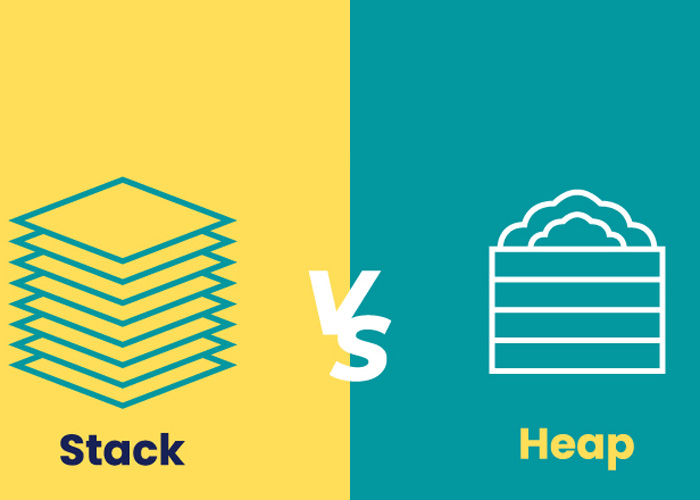Understanding the Difference Between Iterator and Enumerator in C#
In C#, both iterators and enumerators are used for iterating over collections, but they serve different purposes and are implemented in distinct ways. Understanding the nuances between an iterator and an enumerator is crucial for developers working with collections and designing more efficient, maintainable code. This article delves into the definitions, differences, and practical uses of iterators and enumerators in C#.
What is an Enumerator?
An enumerator in C# is an object that allows traversing through the elements of a collection, providing a way to access each element in turn. The enumerator is responsible for keeping the state of the current position within the collection and is typically implemented through the IEnumerator interface.
Key Features of Enumerator:
- Interface Implementation: An enumerator implements the IEnumerator interface, which includes the MoveNext(), Reset(), and Current members.
- Usage: Used with any collection that implements the IEnumerable interface.
List<string> fruits = new List<string> { "apple", "banana", "cherry" };
IEnumerator<string> enumerator = fruits.GetEnumerator();
while (enumerator.MoveNext())
{
Console.WriteLine(enumerator.Current);
}
What is an Iterator?
An iterator in C# is a broader concept that refers to the mechanism that produces an enumerator. It is often used to describe the structure that allows the creation of enumerators, especially when using the yield keyword to define custom iteration behaviors within a method.
Key Features of Iterator:
- Yield Syntax: Iterators often use the yield return and yield break statements to define custom iteration logic within a method that returns IEnumerable or IEnumerator.
- Simplifies Custom Iteration: Iterators simplify the process of creating custom enumerators, especially when the collection or the iteration logic is complex.
public IEnumerable<int> GetEvenNumbers(int max)
{
for (int i = 0; i <= max; i++)
{
if (i % 2 == 0)
{
yield return i;
}
}
}
Differences Between Iterator and Enumerator
Conceptual Scope:
- Iterator: Refers to the method or structure that enables the generation of enumerators. It does not itself traverse a collection but provides the mechanism to do so.
- Enumerator: An object that performs the actual traversal over a collection, maintaining the state of the iteration.
Implementation:
- Iterator: Can be implemented using iterator blocks that utilize yield return to generate elements one at a time.
- Enumerator: Implements IEnumerator or IEnumerator<T>, which are used directly to traverse the collection.
Usage:
- Iterator: Used to define how the iteration is performed, often encapsulating complex logic that determines the sequence of elements returned.
- Enumerator: Used to move through a collection, used typically in a foreach loop or manually via MoveNext and accessing Current.
Flexibility:
- Iterator: More flexible in terms of defining how elements are iterated over; can filter, skip, or modify elements dynamically during iteration.
- Enumerator: Generally more static, focused on accessing elements as they are stored in the collection.
Practical Application
- Iterators are best used when the iteration logic is non-trivial, such as when elements need to be computed or filtered dynamically.
- Enumerators are essential when you need a straightforward way to sequentially access elements in a collection, especially when interfacing with legacy code or external libraries.
Conclusion
Understanding the distinction between iterators and enumerators in C# enhances a developer's ability to manage collections efficiently. While enumerators are specific objects that traverse collections, iterators are the mechanisms that produce these enumerators, often using sophisticated logic encapsulated by the yield syntax. Knowing when and how to use each can lead to more robust, readable, and maintainable code in your C# applications.





